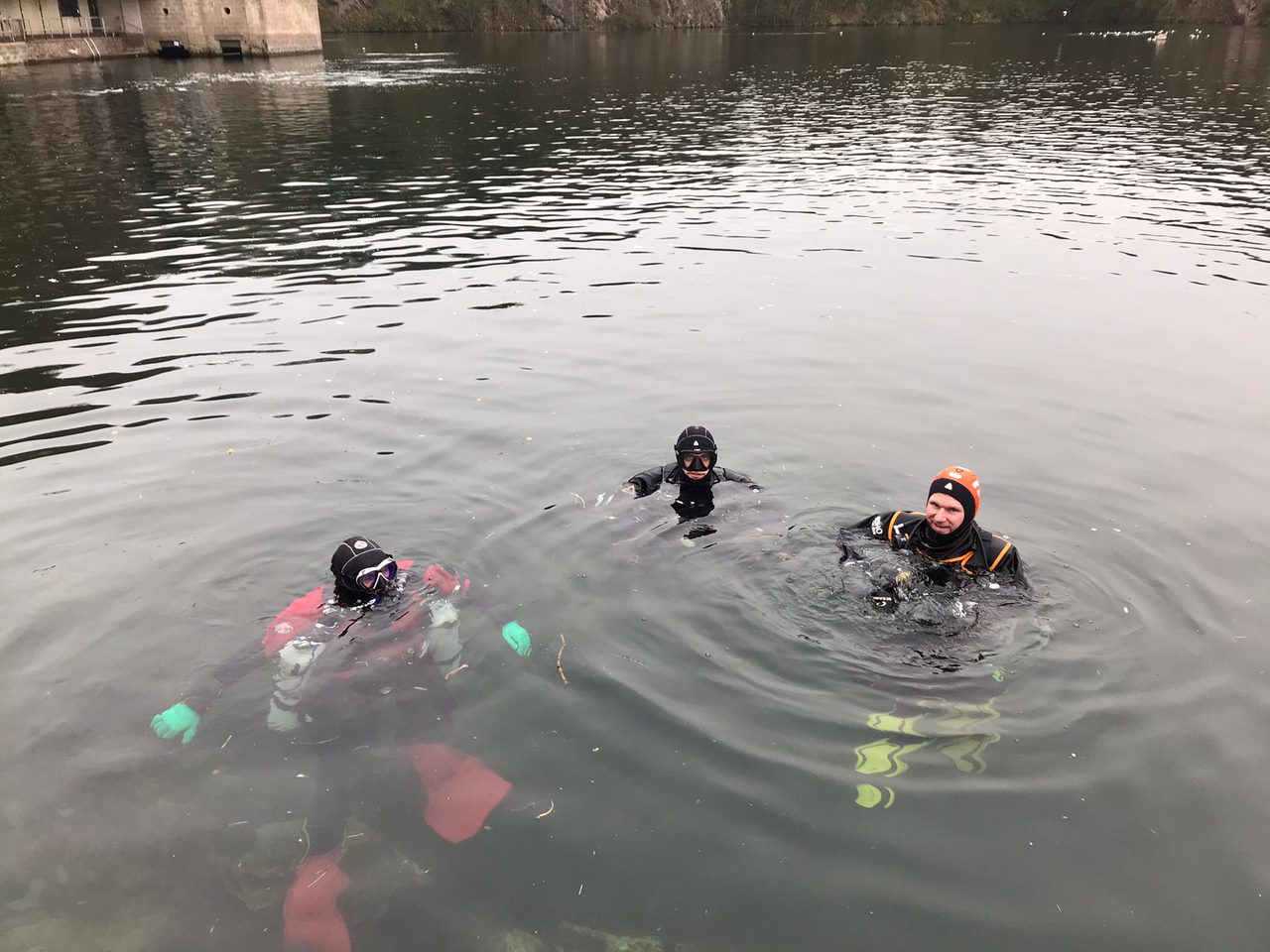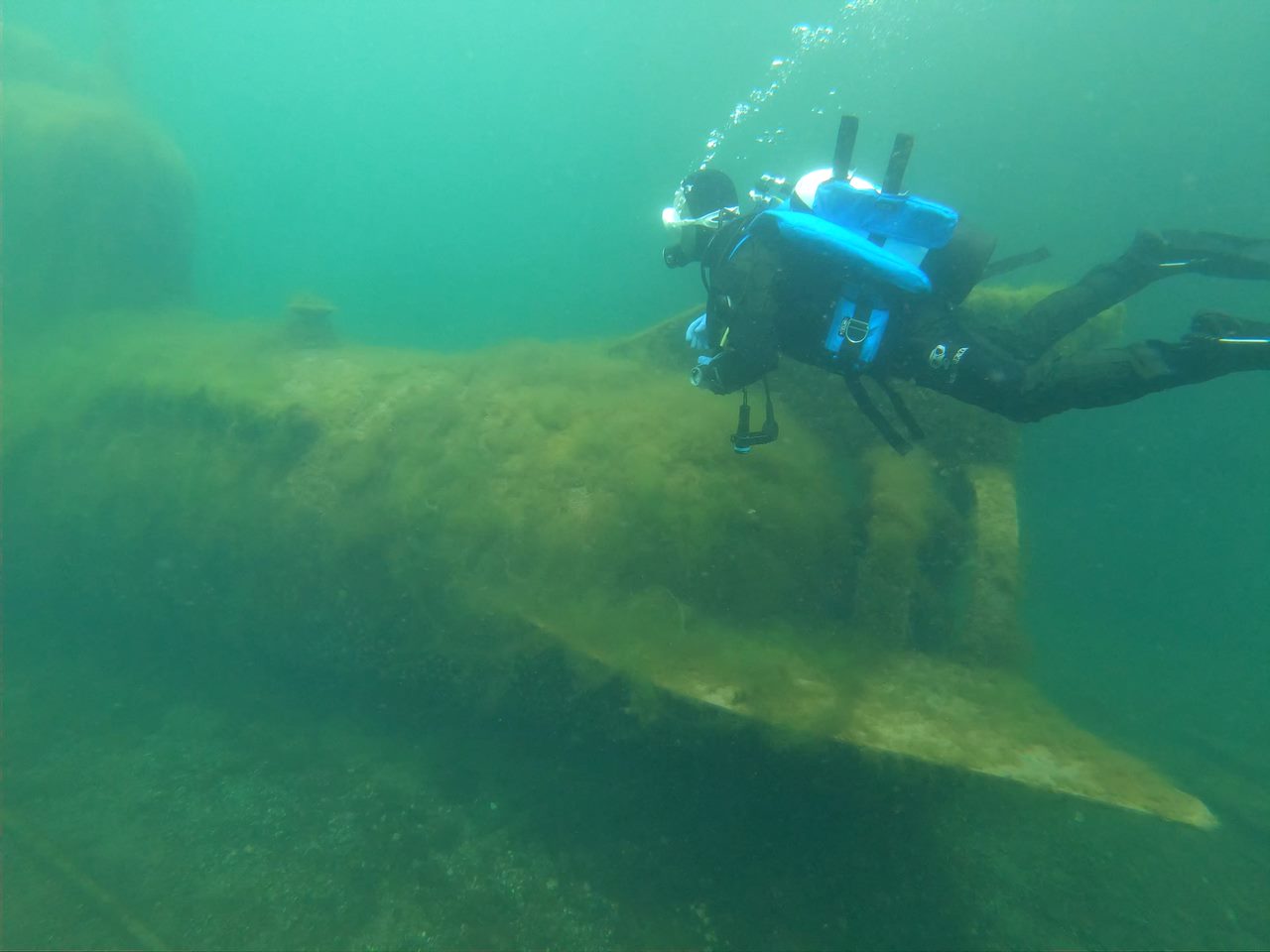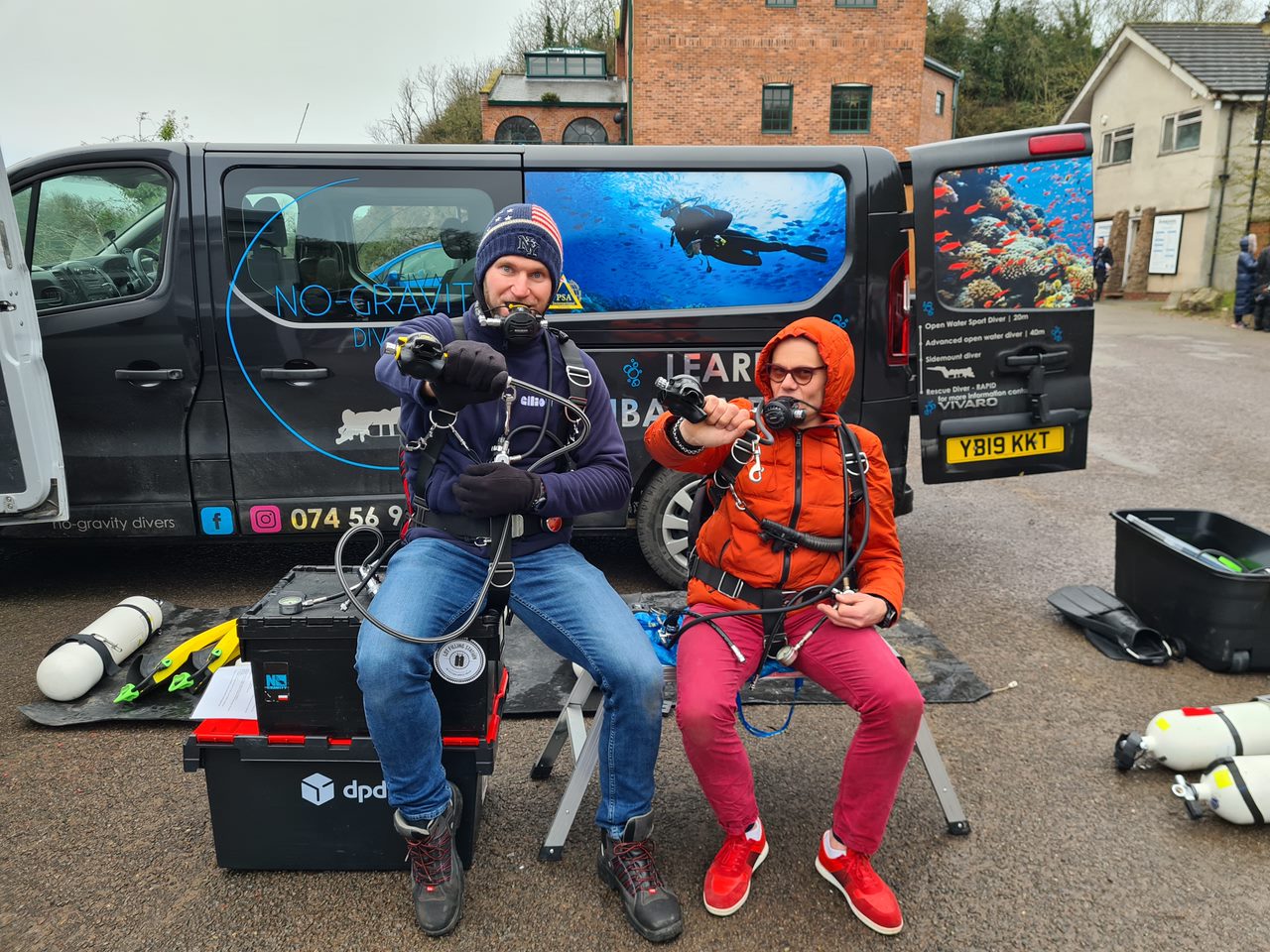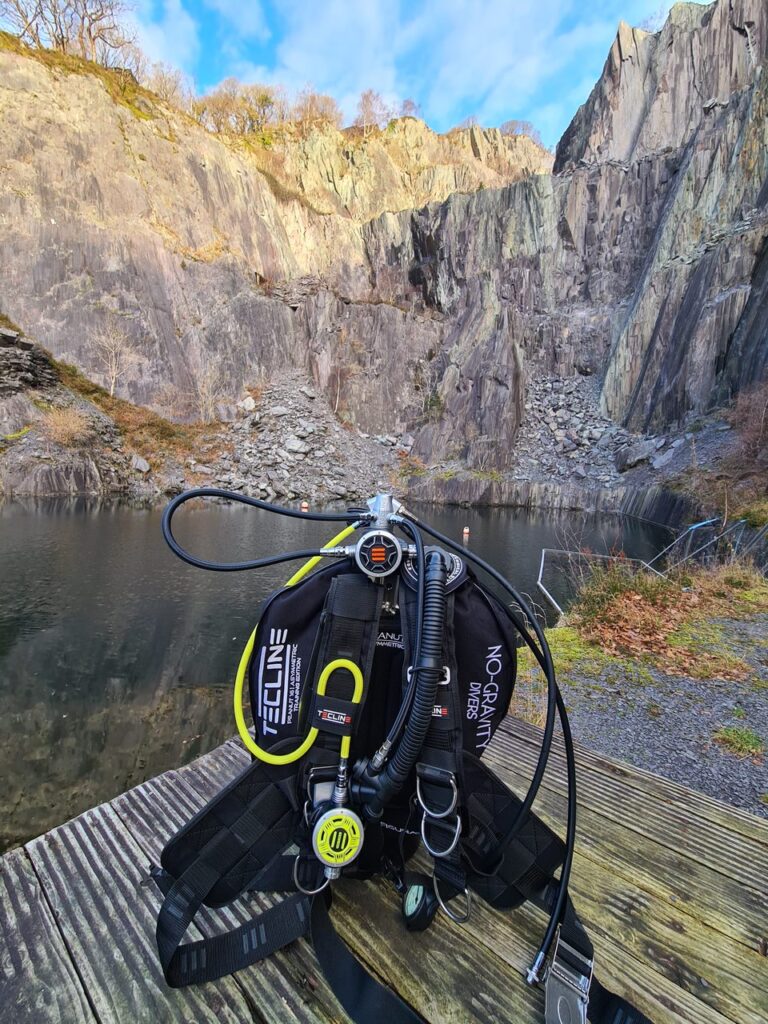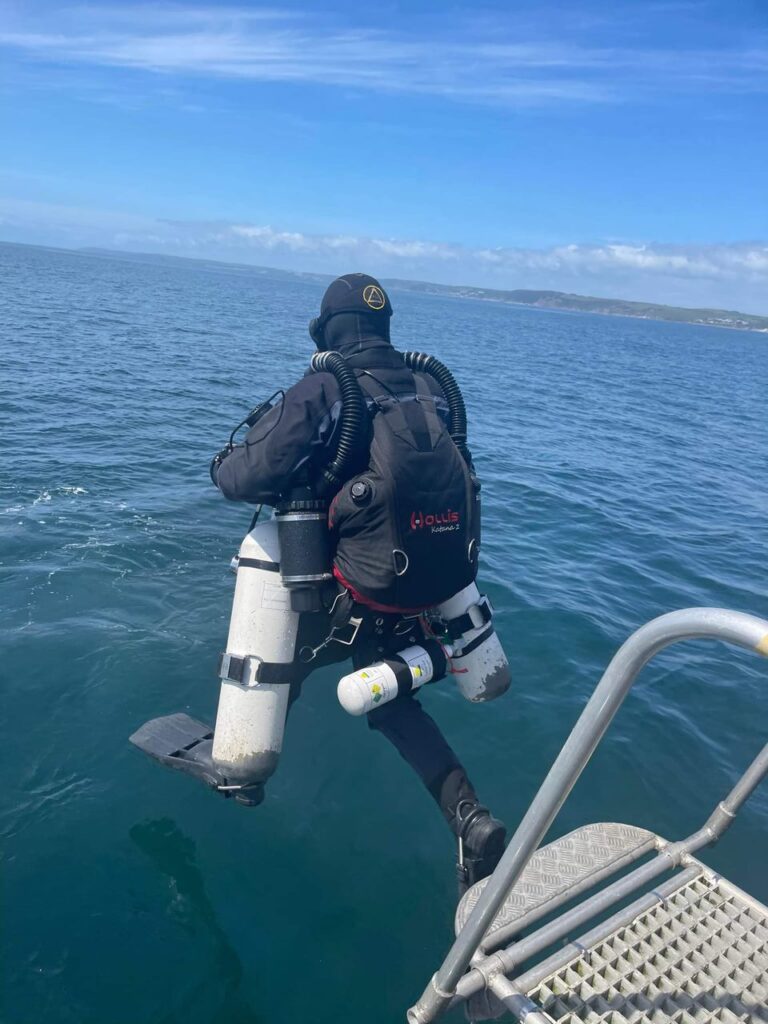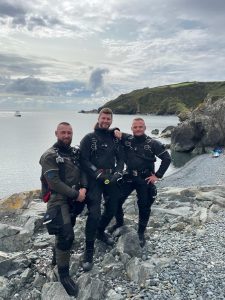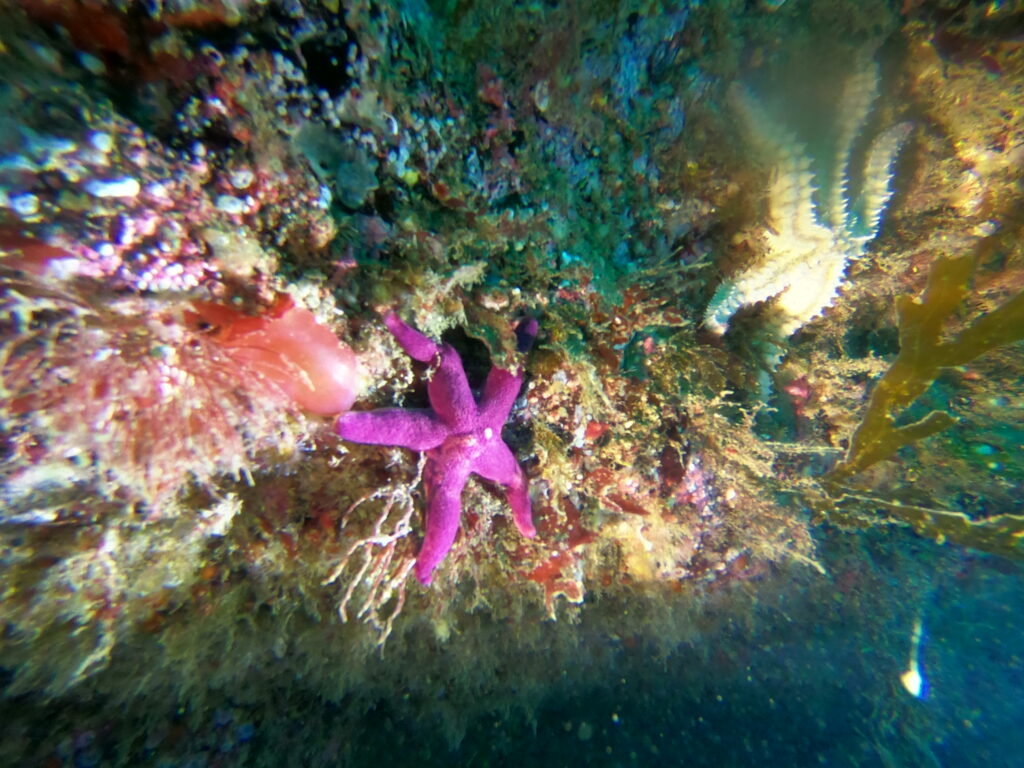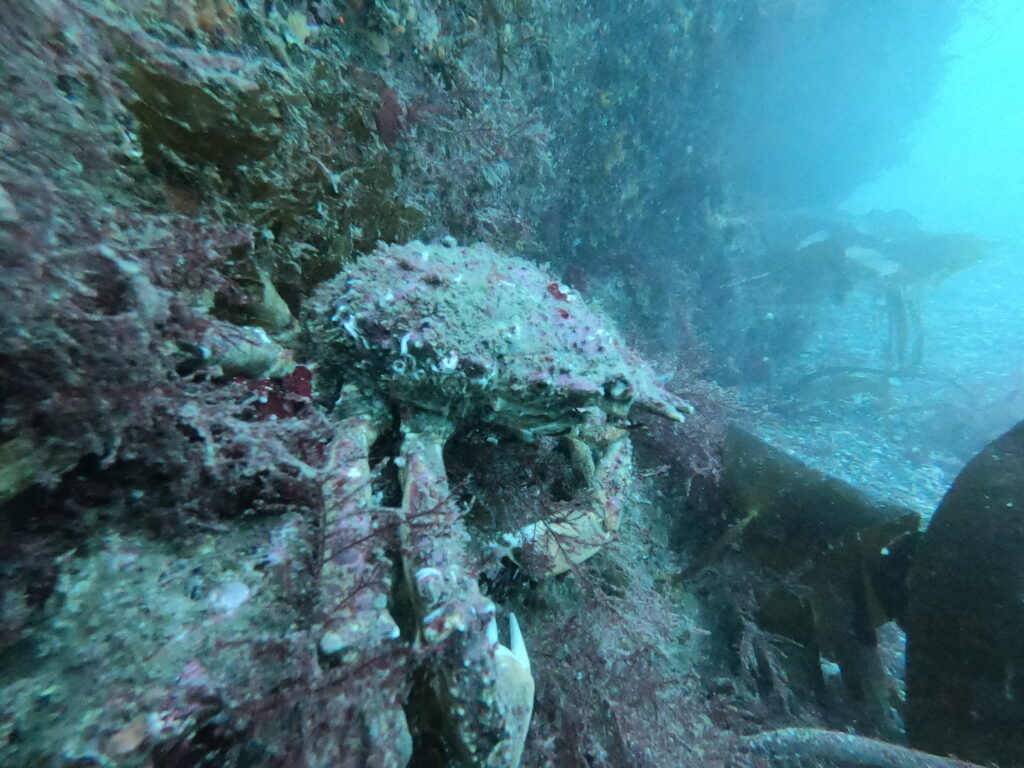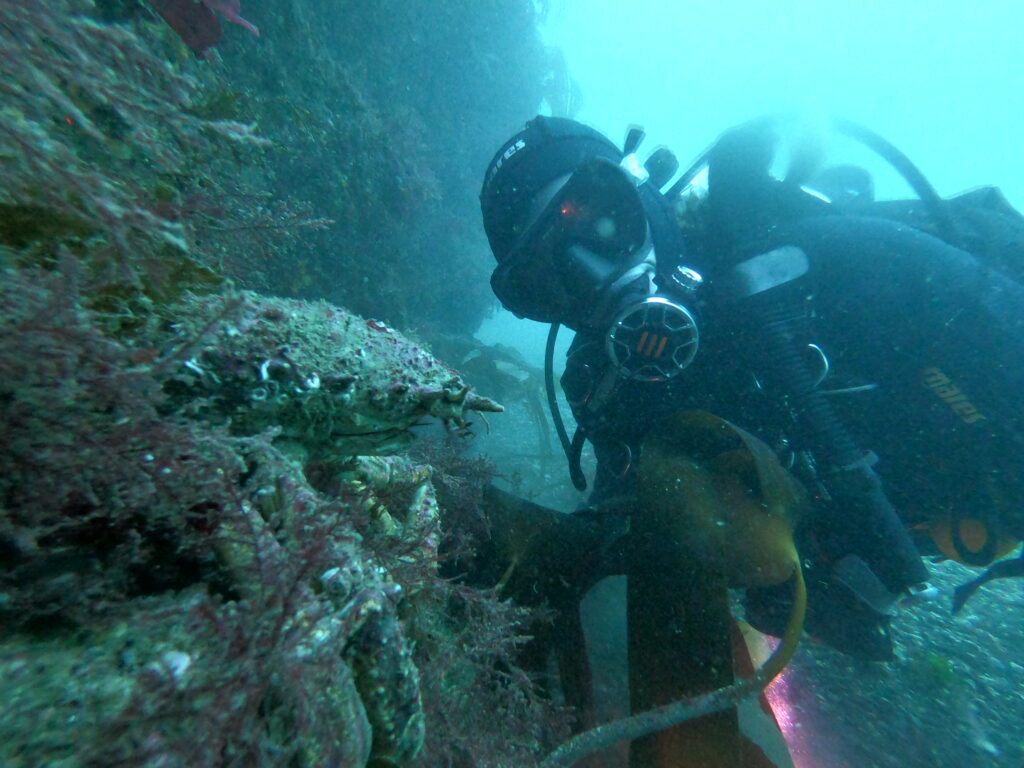Benefits of Local Dive Training
Very often, those excited to start their diving journey consider taking their first Open Water Sport Diver course abroad. Of course, there are appealing aspects to this choice, such as favorable conditions where the water often exceeds 20 degrees Celsius, providing excellent visibility. Yet, there are many benefits to starting your dive training locally with an experienced diving instructor in your area.
Here are notable advantages why training close to home can enrich your diving experience:
More Time with the Instructor:
Successful scuba diver training hinges on quality instruction and ample underwater experience. While every diving federation—from PADI to BSAC—mandates minimum underwater hours, training locally often allows for a more extensive dive schedule. At our local diving center, for instance, we ensure each diver achieves at least 6 to 8 dives, with each session lasting between 45 to 60 minutes. This surpasses the scope often possible in condensed courses provided on dive vacations.
Greater Flexibility:
Choosing to dive locally allows divers to schedule courses around their daily life, avoiding the drain on vacation days. In our center, I personally ensure that courses are conducted in small groups, tailoring sessions to accommodate the participants' working or studying schedules. Contrastingly, a dive trip abroad typically means adhering to rigid schedules with little room for extra dives that refine skills.
Top-Notch Equipment Usage:
The frequent use and sometimes harsh underwater environments like saltwater abroad can wear out gear faster than expected. Locally, we pride ourselves in using high-caliber, regularly serviced equipment in partnership with renowned brands like Tecline and No Gravity. This focus on quality gear ensures every diver's safety and enhances their underwater experience.
Tailor-Made for Local Conditions:
While tropical locales offer breathtaking clarity and warmth, diving in different conditions—like those in UK dive spots—enables divers to gain skills for a variety of environments. Training in slightly cooler water or in decreased visibility prepares divers for real-world situations, enhancing their prowess with specialized equipment such as drysuits and improving their adaptive diving techniques.
Thriving Diving Community:
Joining a local dive club is more than just learning to dive; it's about entering a community. By engaging in local dive training, you not only meet fellow enthusiasts but also create lasting connections that go beyond the course. Our vibrant local dive community is a great source for finding dive buddies, planning new dive trips, and sharing immersive experiences that only diving can offer.
Support Local Economy and Marine Conservation:
By choosing to dive locally, you contribute to the local economy and become involved with marine conservation efforts close to home. This involvement can range from helping clean local waters to learning about and protecting endemic marine life.
Conclusion:
Diving locally isn't just a step in your diving journey—it's a multipurpose dive into learning and adventure that prepares you for any underwater situation. Whether you are exploring flooded quarries or planning a trip to the Great Barrier Reef, gaining experience locally paves the way for safer and more enjoyable dives in new and exotic locations. Discover your local diving community today, and take the plunge into the deep blue, armed with the best training, new friends, and unforgettable marine experiences.
